

Foreword
Expanding to reach more young people in need
The Brent Centre has been busy adjusting back following the COVID-19 pandemic, with regular face-to-face sessions for individuals and groups returning safely. We have experienced increasing referrals and cases of greater complexity following the pandemic’s disruption, and continue to develop new initiatives to rise to the greater need.
As our return to in-person work continues, the past year has also been an exciting time of expansion. In cooperation with the Institute of Psychoanalysis, the Centre opened a new psychotherapy clinic, the Westminster Centre for Young People. We are very excited to now be offering our psychotherapeutic support to Westminster borough’s adolescents, at the Institute’s premises in Maida Vale.
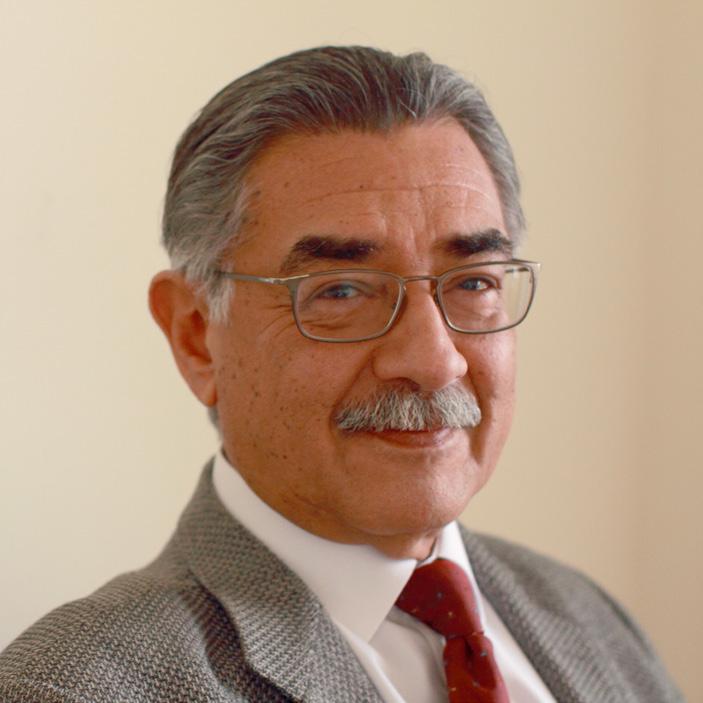
In addition to this important new collaboration, last year witnessed expansions in other areas. Our Sport & Thought project, a specialist combination of football and group therapy, found a new home at Hendon Football Club, presenting an opportunity for the Centre to reach more young people in Brent in this unique, and successful format. Additionally, the Brent Centre’s private service continued to deepen its outreach and the ongoing relationship with Westminster School.
Notwithstanding the Centre’s continued growth, I’d also like to stress how sad all the staff were to lose our inspirational Co-Founder and President, Eglé Laufer, in November 2021. Eglé began providing talking therapies to adolescents with her husband, Moe Laufer, after founding the Centre in 1967. She remained committed to psychoanalysis, and into her nineties was participating in two weekly clinic meetings at the Centre. Over the years, Eglé conducted important research into adolescent breakdown that identified the importance of having dedicated spaces, to consider teenage development. She is, and will continue to be, greatly missed.
I commend all the young people who we have worked with over the past year for their bravery and commitment to moving forward. It is a privilege for our clinicians to work with you through your difficulties, and your engagement and courage at every session play a key role in you building a brighter future.
I would also like to thank our staff, trustees, supporters, partners and funders. Without your tireless support and generous efforts, we simply could not reach young people with the dedicated, tailored support they really need and cherish. As the Centre moves forward with new clinics and more projects, I’m excited to see what this year has in store for us.
With thanks and best wishes, Dr M J A de Sauma MD, F. Inst. Psychoanal
CEO and Clinical DirectorIntroducing the Brent Centre for Young People
Founded in 1967, the Brent Centre for Young People is one of the UK’s first mental health services specifically for young people (11-25 years), reaching those who otherwise may not receive help. We provide a vital space for young people to reflect on and explore their worries in a safe environment.
The Centre works with young people struggling with suicidality, depression, anxiety, self-harm and other mental health challenges. As the primary adolescent psychotherapy service in North London, the Centre has developed bespoke talking therapies and programmes, boosting the accessibility of our range of services. Led by some of the sector’s leading clinicians, we reach young people through 13 schools, the Youth Offending Service (YOS), in-house at our sites in the London boroughs of Brent and Westminster, and other projects.
Challenges
Faced
This year, the young people we supported through therapy were struggling with multiple challenges:
83% Difficult relationships with family
86% Depression
This year the BCYP:
Provided therapy to 819
Young people
↑ 36% from last year
Offered
8980 Sessions
↑ 10% from last year
84% Anxiety
72% Difficult relationships with peers
63% Concentration difficulties
“ My therapist really helped me to open up about my past and traumatic experiences and accept them in a way that I am never ashamed of what I have been through”.
Ethnicity of BCYP service users
9% Any other Ethnic Group
19% Asian or Asian British
18% Black or Black British
14% Mixed Ethnicity
20% White any other
20% White British
BCYP service gender breakdown
60% Female
40% Male
Services Location
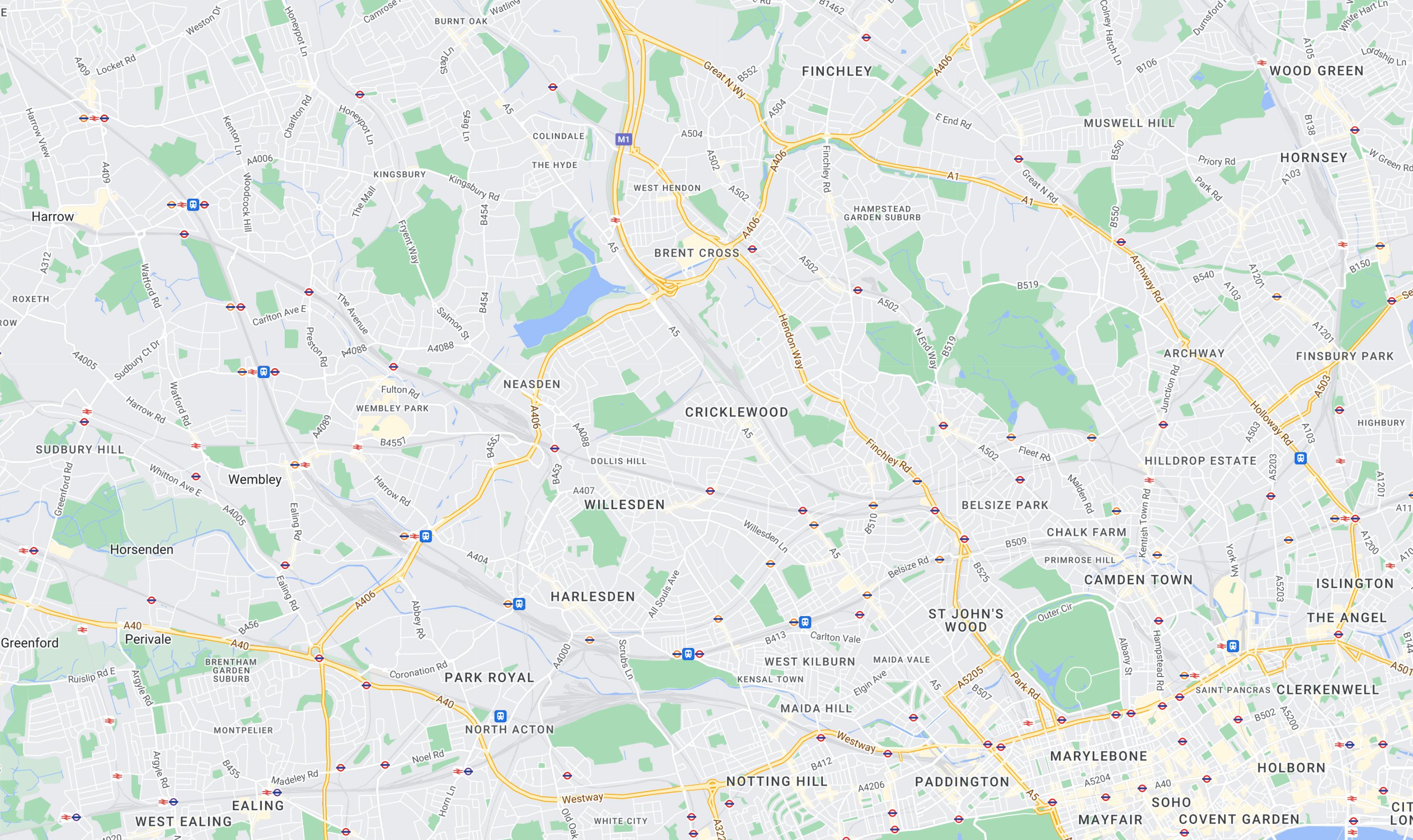
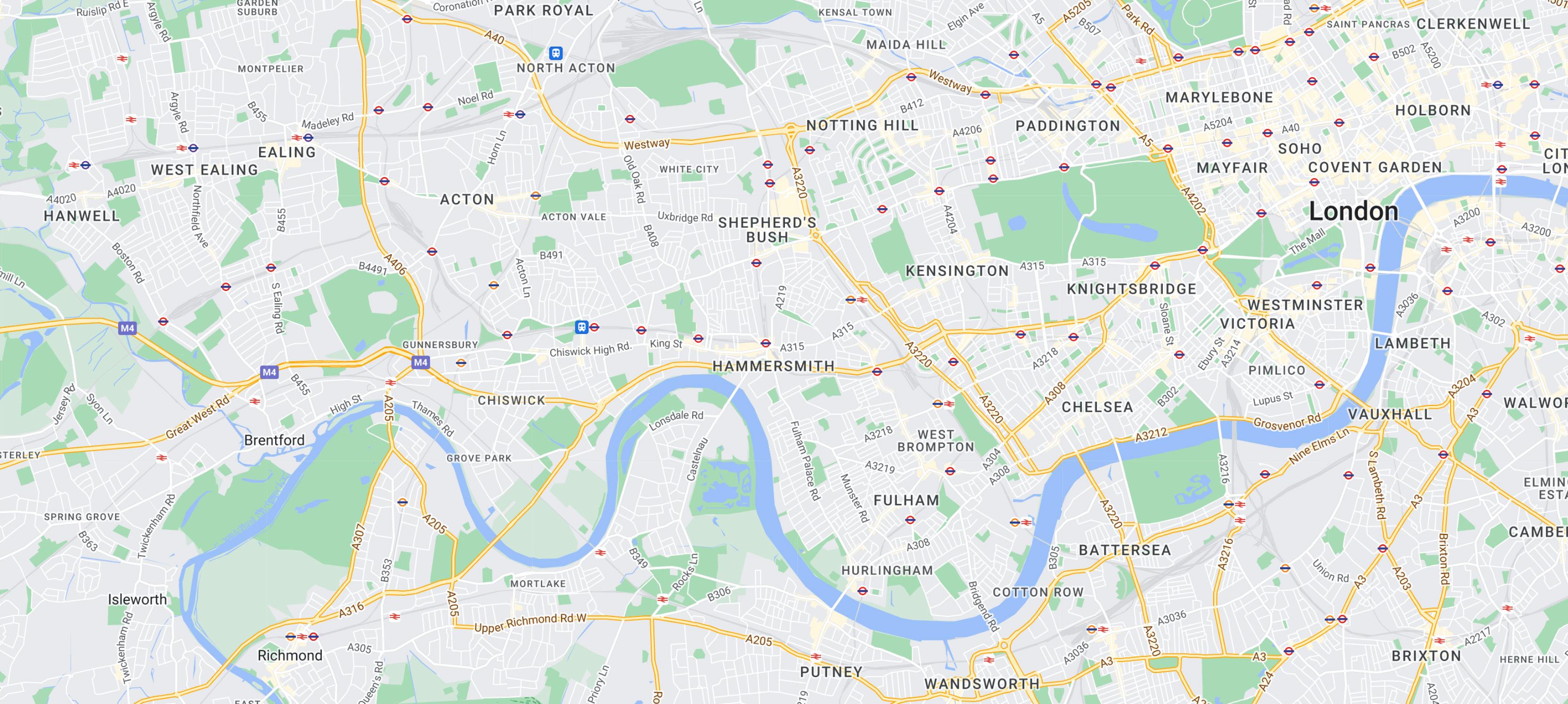
This year, we supported young people in the following locations:
1. Brent Centre for Young People, Laufer House (NW6 7TT)
2. Westminster Centre for Young People, Institute of Psychoanalysis (W9 2BT)
3. Oxford Kilburn Youth Trust - Ok Club (NW6 5BP)
4. Hendon Football Club (NW9 7NE)
5. Brent Civic Centre (HA9 0FJ)
6. Lynton Close, Irish Traveller Site – Brent (NW10 0JE)
Alperton Community School (HA0 4JE)
8. Preston Manor School (HA9 8NA)
9. Queen’s Park Community School (NW6 7BQ)
10. St Augustine’s Ce High School (NW6 5SN)
11. St Gregory’s Catholic Science College (HA3 0NB)
12. St Mary Magdalen’s Catholic Junior School (NW2 5BB)
13. Wembley High Technology College (HA0 3NT)
14. Convent of Jesus and Mary Catholic Infant School (NW2 5AN)
15. Kingsbury High School (NW9 9JR)
16. St Margaret Clitherow Catholic Primary School (NW10 0BG)
17. Ark Acton Academy (W3 8EY)
18. East Lane Primary School (HA0 3NT)
19. Westminster School (SW1P 3PF)
In-house Services
Increasing our capacity to provide for more young people
In-house services returned to working in-person, as demand exceeded our current resources. We received a high number of referrals, linked to extremely long waiting times for statutory services, and complex cases that required longer term interventions. As the deeply troubling mental crisis in young people in London develops, the Centre is proactively looking to increase clinical capacity to respond to the significant rise in referrals.
Over this year, we provided a range of mental health services:
• Adolescent Exploratory Therapy (AET): A unique therapy developed by the Brent Centre to meet the specific needs of adolescents. We provide each young person with a safe space to think about and explore their feelings and difficulties with a therapist. AET is proven to help young people cope with depression, anxiety, anger, low self-esteem, relationship difficulties and suicidal thoughts.
“
I was always supported and given enough time and resources to work through difficult situations. My therapist has been tremendously helpful, and I have seen great improvement in my well-being”
• Adolescent psychotherapy: Designed for those who have had AET but need additional support, the Centre offers young people up to three sessions a week for up to three years.
• Parent work: Engaging parents, carers and siblings in group conversation, and encouraging them to take an active role in the treatment process.
• Practical support: Offered alongside therapy for as long as needed. Designed to help young people access key services across education, health, housing, and employment.
• The Irish Project: Young Irish people and those of Irish descent receive culturally-specific support that draws from our therapy and practical support services.
182 Young people seen
3112 Sessions offered
61 Appointments for parents and carers
111 Practical support appointments
Schools Service
Responding to meet rising need
The Brent Centre has been providing support to students and teachers since 1999. We currently offer the following services:
• Individual Therapy: Young people are referred for one-to-one therapy for as long as needed.
• Group Work: Therapeutic group sessions for pupils to cooperatively work through shared difficulties, such as exam anxiety.
• Staff Support: Supervision to pastoral staff as a space to bring up young people of particular concern. We also offer ad hoc meetings in times of crisis.
This year the service saw an increase in referrals, which were also of greater complexity both in terms of mental health and safeguarding. With the rise of complex cases, we worked with CAMHS, Social Care and other statutory services more closely to best respond to each young persons’ needs. Demand for our advice from Safeguarding Leads in all our schools also increased during this period.
Our aim continues to be to provide a timely, flexible service to our schools, especially in times of crisis.
“
445 Students reached (including group work)
3894 Individual sessions offered
135 Staff members seen
59 Parents seen Highlights
It seems an appropriate time to say how grateful I am for the support of [the Centre’s clinicians] throughout this year. The difference they have made to so many of the most vulnerable students in our school is incredible and on an individual level I am conscious that there have been lives that have been transformed because of the work that has gone on. I would also like to acknowledge their support with social care and CAMHS referrals, [their] signposting of other agencies for additional support and …supervision work with both the chaplain and myself. If the BYCP was not working with our school, our mental health support would be so immeasurably poorer. I hope that it continues for many years.
Youth Offending Service
New programme to navigate challenging behaviours
The Centre has been running a service within the Brent Youth Offending Service (YOS) for over a decade. The young people are some of the most in need of support yet can be the hardest for mental health services to reach. Many have experienced violence, been excluded from schools, and find it very hard to trust professionals.
We play a critical part in the rehabilitation process providing:
• Victim Awareness: One-off group sessions on conditional cautions that encourage young people to reflect on their crime.
• AET: Giving young offenders the space to explore their difficulties with a clinician.
• Parent Sessions: Providing parents and carers with the chance to talk openly.
• Staff development: Helping YOS officers identify signs of distress and understand the mental health needs of young people.
24 Young people reached 228 Sessions offered 2 Parents seen
90 Staff support appointments Highlights
Over the past year, the Centre has begun assembling a group programme focused on psychoeducation. It will cover topics such as how emotions manifest in certain behaviours, how to support friends and relatives, and ways to navigate bereavement. We have also been leading a pilot scheme, focused on professionals that work with high risk young people, which delivers training and supervision on CBT skills to help professionals work towards goals with their clients.

Sport & Thought
Dismantling the stigma to accessing mental health treatment
“

Sport & Thought is a specialist model of group psychotherapy for adolescents that uses football as a way of engaging young people who find it difficult to engage in traditional talking therapy. The model helps young people who struggle to regulate their emotions, who are finding it difficult to secure a foothold in school, and those who live in deprived areas impacted by crime and may be vulnerable to exploitation.
Players complete a series of drills that link to the emotional demands of classroom learning and socializing, where the group have to work together with restrictions on touches, space or speed. Sport & Thought creates a safe place for young people to build reflective capacities and think differently about their behaviour, allowing for improvements in their relationships, focus and resilience.
A highlight of the past year has been expanding the project to a new venue, Hendon Football Club, allowing us to reach people in a different part of the borough. The club is very community-focused, and committed to programmes that benefit physical and mental wellbeing.
80 Young people reached
78 Group appointment sessions
7 Referrals made for individual support Highlights
The link worker attached to the project wrote:
Sport & Thought has brought significant benefits to a range of boys. In two cases, a thorough transformation has occurred where they have struck friendships with peers who previously had not been able to build friendships of any kind. There has been a reduction in negative behaviours in lessons for a number of pupils, and in one case a vast improvement enabling the student to have no detentions since the group formed. When I see the boys in class it is extremely noticeable how they are starting to listen more to both their teachers and peers. The pupils have been committed to the group and are excited to come along and enjoy the sessions”.
Research
The Research Team continues to build on the foundations of the Brent Centre, and the early work on adolescent breakdown by the Laufers and their colleagues
Our current research projects aim to address key clinical issues that will directly benefit young people:
• Adolescent Engagement in Therapy
• Understanding Adolescent Suicidality
• Delinquency and Adolescence
This year we started a project entitled, “Examining adolescent termination of psychodynamically informed psychotherapy in a community-based clinic” conducted in collaboration with Dr Sally O’Keeffe from City, University of London. Based on data collected across 15 years, the project aims to explore ways AET comes to an end, and the factors linked to premature termination.
Outcomes
Outcomes for the most prevalent problems
This year we are pleased to report that across all the young people we worked, they experienced:
89% Improved/stabilised anxiety
84% Improved/stabilised family problems
83 Improved/stabilised concentration difficulties
86% Improved/stabilised depression
80% Improved/stabilised peer relationships
83 Improved/stabilised self-harm
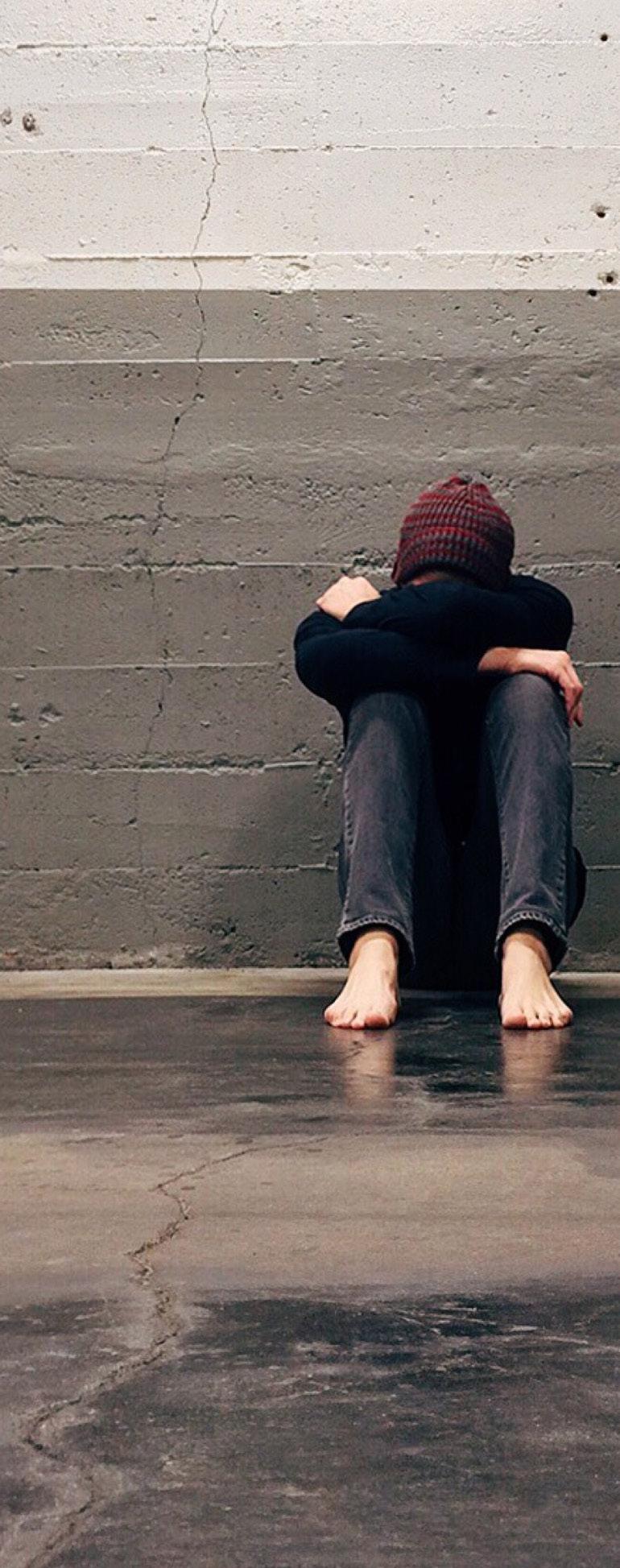
We also observed that:
78% Demonstrated improvement in their mental health/emotional difficulties
55% Demonstrated improvement in their risks towards others
Improvement
57% Demonstrated improvement in their academic functioning
62% Demonstrated improvement in their risks towards self
67% Demonstrated improvement in their social functioning
in at least one outcome metric
Social functioning Academic functioning Risks towards others
Risks towards self
Mental health/ emotional difficulties
% of young people

Case Studies

In-House Services
Simon had recently been diagnosed with ADHD following challenges with concentration. He struggled with outbursts of anger and troubled relationships with his father and siblings, which were compounded by depression during the Covid-19 lockdowns.
Simon was very defensive at first and stressed that losing his mother suddenly at five had nothing to do with his current difficulties. In general, he felt troubled and isolated. His friendships felt superficial, he’d never had a girlfriend or a sexual experience, and was constantly clashing with his father that caused Simon to feel like the bad, unwanted child. However, Simon was very intelligent, and capable of securing a place at his chosen university. He was also attractive and naturally inquisitive. Our weekly therapy involved gently working with Simon to think how, following earlier losses, he was protecting himself from people getting close, how painful it was to consider being unwanted, and ultimately losing someone important again.
Simon became more open to this work: this was not easy as he experienced some new rejections along the way. However, with the support of therapy, he was able to become more curious and open to the world, and to give others a chance. He did not spiral into depression and managed to achieve two key goals in getting into Oxford University and starting his first relationship. We parted a few weeks after these milestones, and in our last session Simon shared that the work done together had really helped him.
*Names and identifying details in the following case study have been changed or removed to protect the identity of the child and their family.
Schools Service
Precious was concerned about her safety, but kept this from her family and friends, who she felt neglected her. As a model student at school, Precious had been selected as head girl, and was preparing to take her GCSE’s. Covid-19 lockdowns exacerbated Precious’s struggles, as she suffered from extreme fatigue and debilitating anxiety. She was regularly cutting and depriving herself of food and feared that she may return to the suicidal ideation of her past.
During the initial therapy sessions, we began to make sense of her symptoms. Together we soon realised that Precious needed to feel contained by the external situation and agreed to have sessions in school until the end of the academic year, which helped her to feel safer when exploring her internal world. The exams arrived and Precious used the sessions to voice concerns and explore her insecurities, having accepted the therapeutic situation as a helpful form of support. Precious managed to work well through the exams and realised that she had the capacity to achieve the grades required.
Towards the final stage of the work, free from the pressure of exams, Precious focused on past traumatic experiences, and how those had determined her development. She began to challenge long-held beliefs, realising her capacity to manage her mental health in high-pressure situations. Precious continued to attend and use the therapy sessions while securing a job in retail and took the time to reconnect with her social group. In the final session, she talked about feeling held during the school year, which enabled her to learn that although she can feel overwhelmed by her fears, she can and does find a way forward.
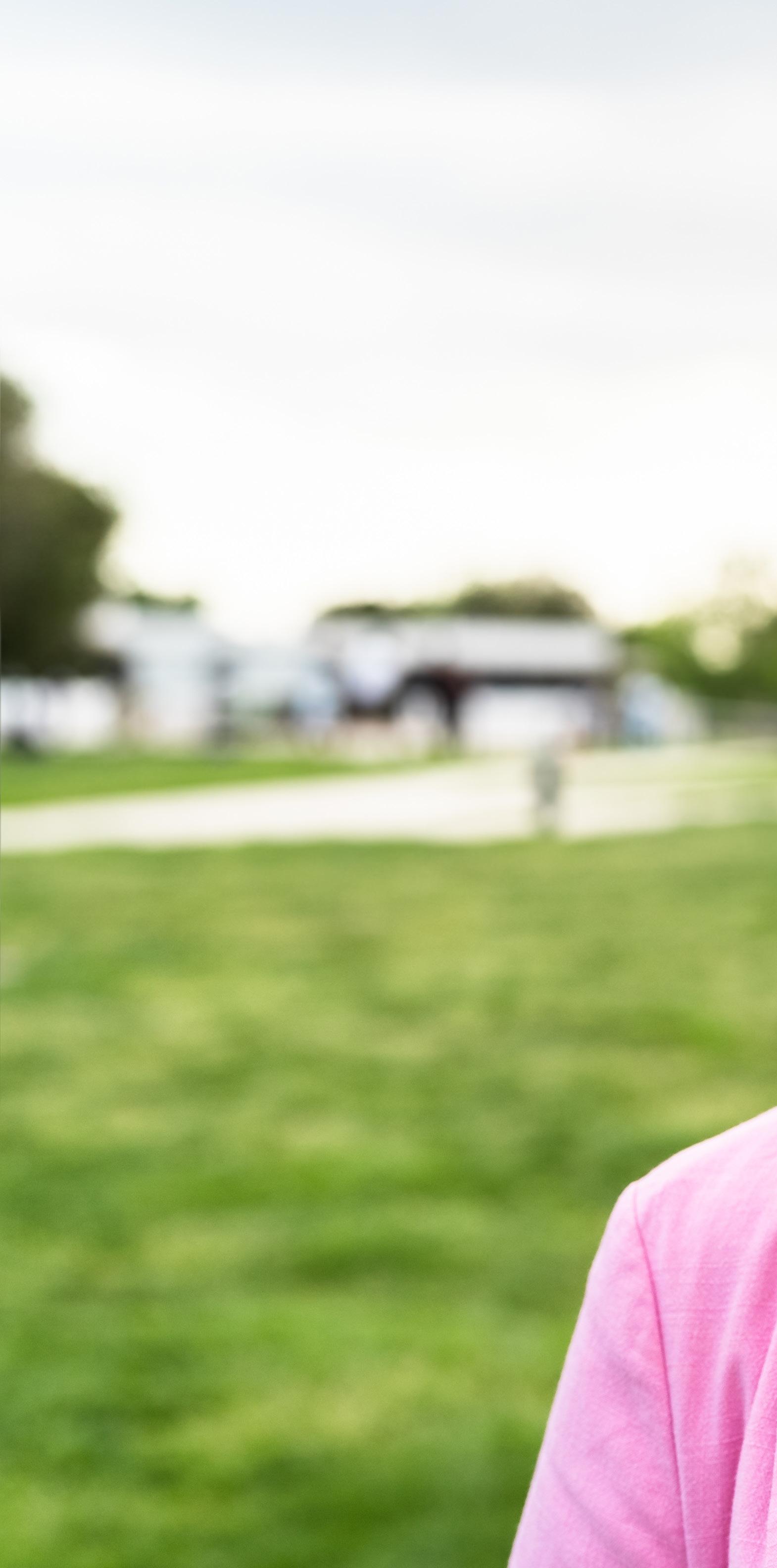

Sport & Thought
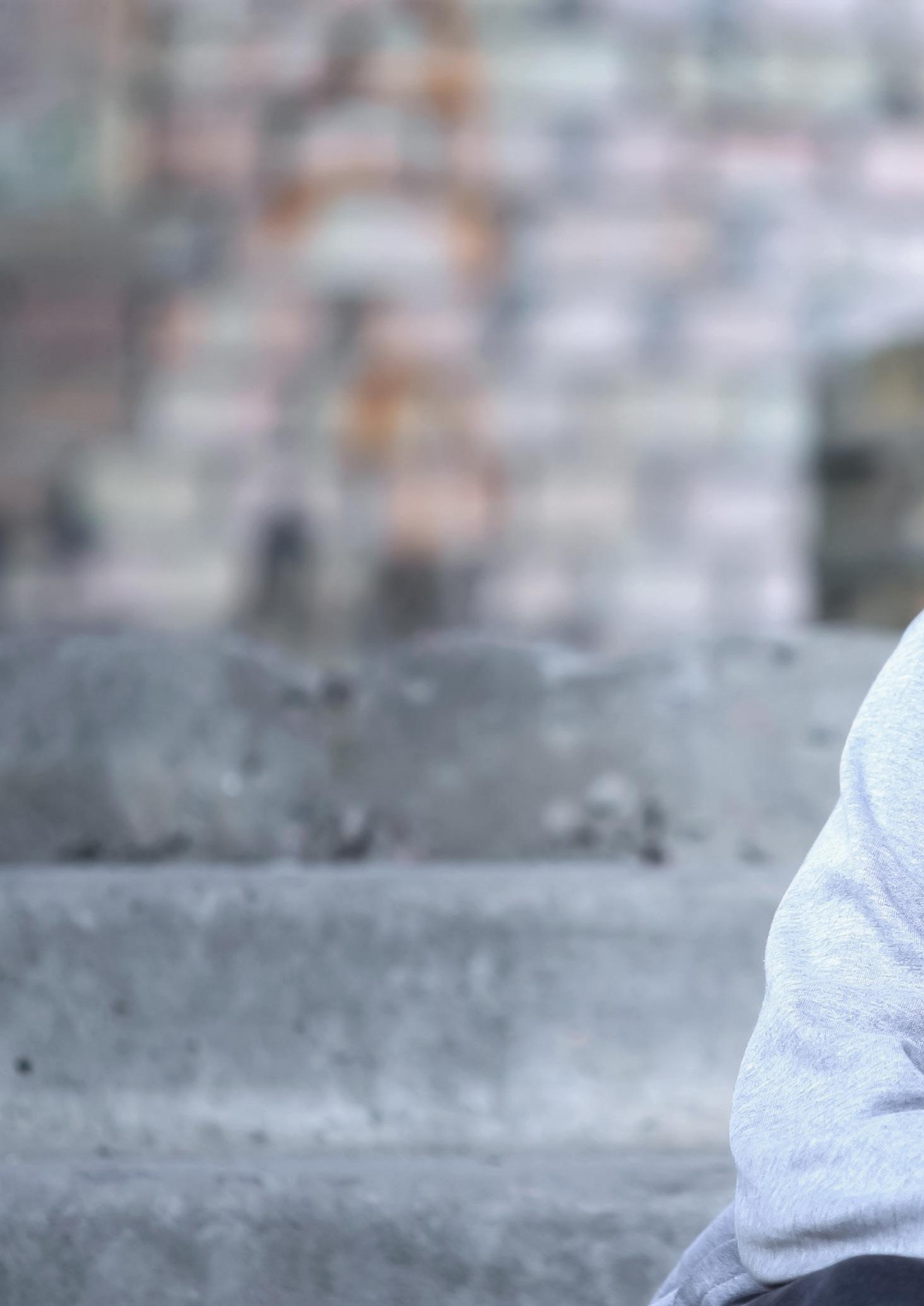
An account of Cory, 15, according to our link worker:
I met Cory in September 2019. When I first met him, it was evident that he needed help controlling his temper and understanding his emotions. It didn’t take me long to realise he was very confrontational, especially when it came to football and wouldn’t back down from any argument.
Cory has worked with the Sport & Thought team over the last year and a half and has come a long way in controlling his temper. In sessions now, it’s great to hear him calmly say comments like, ‘I’m not going to respond to that’ when other members try and provoke him. Last year he would have reacted in a very different way. In fact, Cory is now one of the more mature members of Sport & Thought, avoids arguing with others and always gives his opinion during group reflections. He has also taken this focus and attitude into the classroom. Cory has told me he has plans to go to the Sixth Form once he finishes his GCSEs, and he has learnt to channel his emotions in other healthy ways, such as with music.
In terms of his behavioural mentions in class, Cory now has more Positives (91) than Negatives (61) for this Academic Year, which is a big change from last year, where he received 117 Negatives and 73 Positives. I am convinced that Sport & Thought has played a big role in changing his mindset and helping him to feel calmer and more confident to approach the next stage of his life.
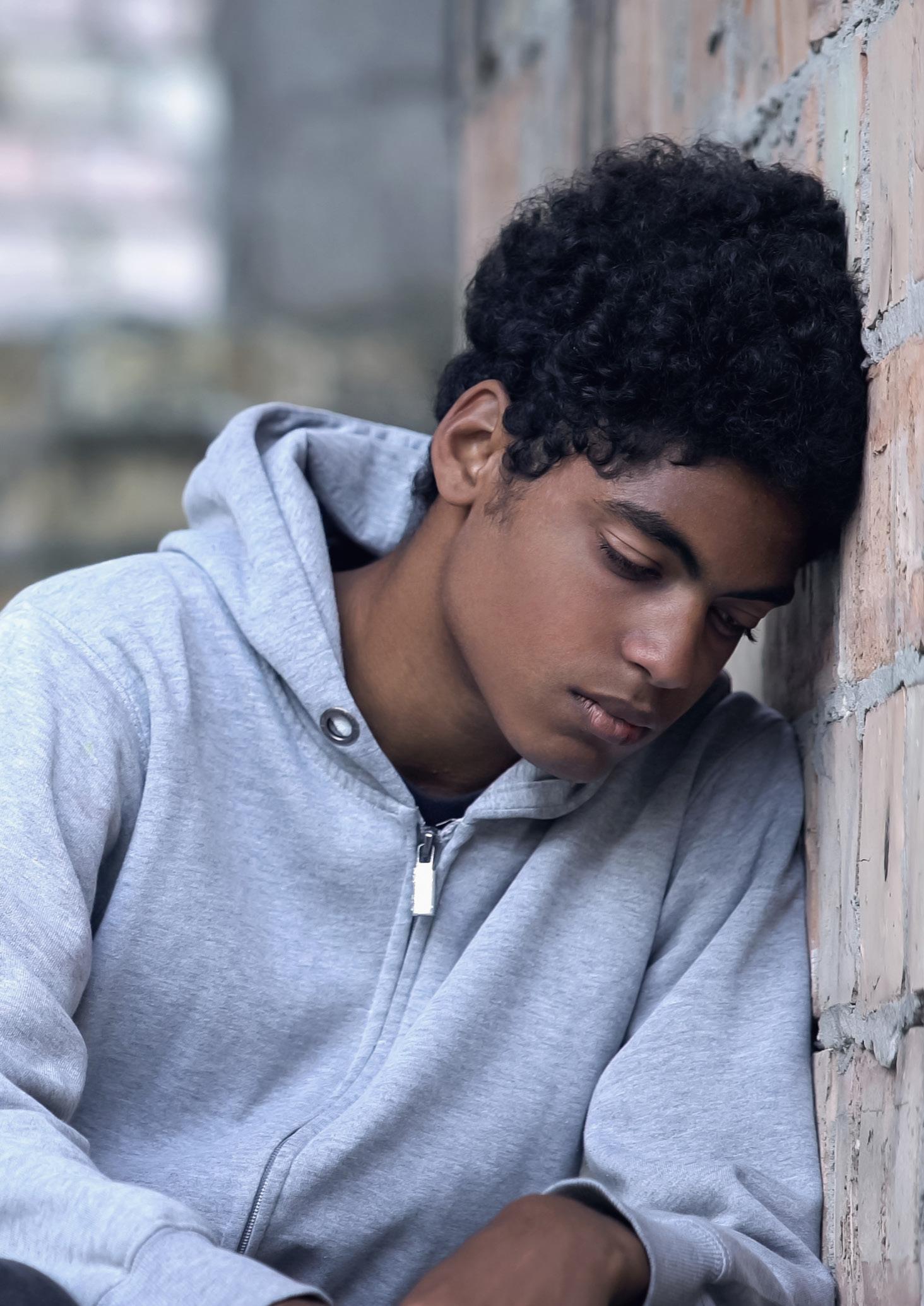
Thank you to…
Every single young person for trusting us to explore their and supporters whose hard work has made a seismic difference
Our President:
Eglé Laufer (who sadly passed away on 7 November 2021)
Our Blenheim Triathlon competitors:
Giles Deards
Elena Fagherazzi
Antoinette Vanderpuije
Giorgia Michelti
Leonie Lawmon
Our London Marathon 2021 runners:
Clare Bennett Carter
Giles Deards
Antoinette Vanderpuije
Our London-Land’s End cyclists:
Michael Murphy
Gerhard von dem Hagen
Dave Koczan Santiago
Jarett Gedir
Marco Vetrone
Alessandro Graziano
Chris Byng
The Statutory Bodies:
Brent CCG
Rachel Boothroyd
Simon Sanders
Jo Sanders
Chloe Pooley
Steve Pooley
Michael Lockhart
Miles Entwhistle
Peter Murphy
Anthony Nashokigwa
Robbie Weich
Diego Agostini
Kevin Connolly
Pierre Lecat
London Borough of Brent Government of Ireland: Emigrant Support Programme
their difficulties with them, and to our amazing staff difference to the lives of young people.
Our Board of Trustees:
Mr Jeremy Bard (Chair)
Ms Anoushka Babbar
Mr Ian Barnes
Mr Simon Dodds
Ms Pessi Elias
Mr Gideon Hadary
Mr Randy Mannie (Treasurer)
Dr Bernard Roberts
Mr Philip Stokoe
Our Partners:
Alperton Community School
Ark Acton Academy
Brent Clinical Commissioning Group (NHS)
Brent Youth Offending Service (YOS)
Convent of Jesus and Mary Catholic Infant School
Kingsbury High School
Preston Manor School
Queens Park Community School
Silver Jubilee Park Stadium
St Augustine’s Church of England High School
St Gregory’s Catholic Science College
St Margaret Clitherow Catholic Primary School
St. Mary Magdalen’s Catholic Primary School
The Oxford Kilburn (OK) Youth Trust
Wembley High Technology College
Our Supporters:
BBC Children in Need
Bridgepoint Charitable Trust
Dentons UKMEA LLP Charitable Trust
The City of London’s Corporation’s Charity – City Bridge Trust
Charities Aid Foundation
Charles Hayward Foundation
Comic Relief
DM Thomas Foundation
Irish Youth Foundation
Garfield Weston Foundation
John Lyon’s Charity
Jusaca Charitable Trust
Julius Silman Charitable Trust
Lehman Brothers Foundation Europe
Mazars Charitable Trust
Mrs Smith and Mount Trust
The Government of Ireland Emigrant Support Programme (ESP)
The National Lottery Community Fund
The Pantheon Charitable Trust
The Sheldon Trust
Peter Stebbings Memorial Trust
The Prism Charitable Trust
William Allen Young Foundation
Young Brent Foundation

